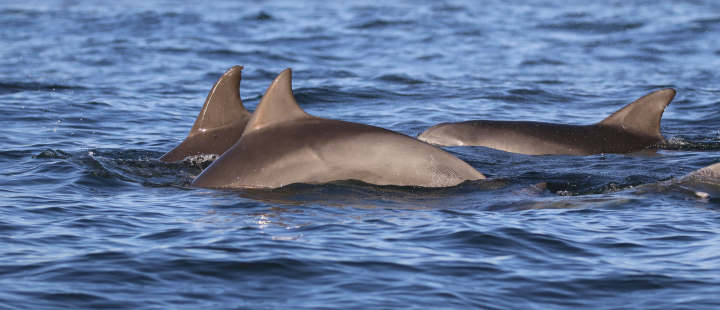Our latest CIO Special looks at the rapidly growing voluntary sovereign carbon credit market, reinvigorated by agreement on a new framework for asset issuance.
We consider:
- Why this market will offer major new opportunities to deploy capital to tackle climate change and keep the 1.5 degree goal alive.
- The importance of UNFCCC REDD+ credits for reversing deforestation and “blue carbon” for marine and coastal areas.
- The role of larger-scale, liquid and transparent markets in encouraging capital inflows.
Carbon credits remain one of the most important tools to mobilise capital towards mitigating climate change. But while the compliance (or regulated) markets for large-scale, highly polluting companies are now well-established, voluntary carbon markets are at a much earlier stage of their evolution.
Forests and the oceans are essential carbon absorbers but their ability to do this is being degraded – e.g. through deforestation or ocean warming. Getting funding to such potential nature-based solutions (NbS) to stop and reverse this degradation is a pressing need, and one in which voluntary carbon markets could now help.
The UNFCCC’s REDD+ has offered a mechanism for forest-based credits for some time. But agreement at the Glasgow COP26 meeting on a framework on voluntary sovereign carbon credit transfers may now result in rapid growth in the voluntary carbon markets. It is also hoped that strong growth in REDD+ credits will boost so-called “blue carbon” credit markets based around ocean and coastal activity.
Our new special report looks at how these markets could evolve. We can already see a wider range of investors entering voluntary carbon markets and larger-scale, more liquid and transparent markets will in turn encouraging further capital inflows. New market approaches will also be encouraged by better data, for example on permanence (the longevity of related carbon benefits) and likely consolidation of global carbon standards and accounting. We also expect more discuss on how best to use voluntary carbon credits in investor portfolios.
Sovereign carbon can only be one component of what needs to be a multi-faceted approach to climate change, but it now looks poised to start making a major contribution.
About the authors:
Markus Müller
Chief Investment Officer ESG & Global Head Chief Investment Office
Claire Coustar
Global Head of ESG and Sustainable Finance, Deutsche Bank Investment Bank – Fixed Income & Currencies
Federica Bietta
Managing Director, Coalition for Rainforest Nations
Michael Mathres
Co-Founder and Director, REDD+ Capital







